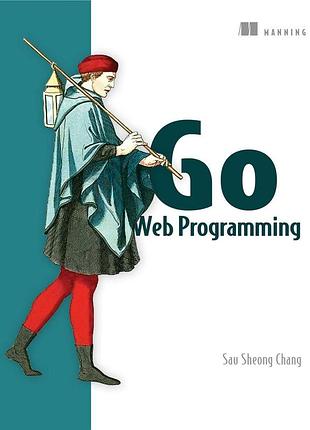Data-oriented programming: reduce software complexity, yehonathan sharvit
Описание
Eliminate the unavoidable complexity of object-oriented designs. The
innovative data-oriented programming paradigm makes your systems less complex
by making it simpler to access and manipulate data.
In
Data-Oriented Programming
you will learn how to:
Separate code from data
Represent data with generic data structures
Manipulate data with general-purpose functions
Manage state without mutating data
Control concurrency in highly scalable systems
Write data-oriented unit tests
Specify the shape of your data
Benefit from polymorphism without objects
Debug programs without a debugger
Data-Oriented Programming
is a one-of-a-kind guide that introduces the data-oriented paradigm. This
groundbreaking approach represents data with generic immutable data
structures. It simplifies state management, eases concurrency, and does away
with the common problems you’ll find in object-oriented code. The book
presents powerful new ideas through conversations, code snippets, and diagrams
that help you quickly grok what’s great about DOP. Best of all, the paradigm
is language-agnostic—you’ll learn to write DOP code that can be implemented in
JavaScript, Ruby, Python, Clojure, and also in traditional OO languages like
Java or C#.
Forewords by Michael T. Nygard and Ryan Singer.
About the technology
Code that combines behavior and data, as is common in object-oriented designs,
can introduce almost unmanageable complexity for state management. The Data-
oriented programming (DOP) paradigm simplifies state management by holding
application data in immutable generic data structures and then performing
calculations using non-mutating general-purpose functions. Your applications
are free of state-related bugs and your code is easier to understand and
maintain.
About the book
Data-Oriented Programming
teaches you to design software using the groundbreaking data-oriented
paradigm. You’ll put DOP into action to design data models for business
entities and implement a library management system that manages state without
data mutation. The numerous diagrams, intuitive mind maps, and a unique
conversational approach all help you get your head around these exciting new
ideas. Every chapter has a lightbulb moment that will change the way you think
about programming.
What's inside
Separate code from data
Represent data with generic data structures
Manage state without mutating data
Control concurrency in highly scalable systems
Write data-oriented unit tests
Specify the shape of your data
About the reader
For programmers who have experience with a high-level programming language
like JavaScript, Java, Python, C#, Clojure, or Ruby.
About the author
Yehonathan Sharvit
has over twenty years of experience as a software engineer. He blogs, speaks
at conferences, and leads Data-Oriented Programming workshops around the
world.
Table of Contents
PART 1 FLEXIBILITY
1 Complexity of object-oriented programming
2 Separation between code and data
3 Basic data manipulation
4 State management
5 Basic concurrency control
6 Unit tests
PART 2 SCALABILITY
7 Basic data validation
8 Advanced concurrency control
9 Persistent data structures
10 Database operations
11 Web services
PART 3 MAINTAINABILITY
12 Advanced data validation
13 Polymorphism
14 Advanced data manipulation
15 Debugging
Також купити книгу Data-Oriented Programming: Reduce software complexity,
Yehonathan Sharvit Ви можете по посиланню
Также ищут:
Похожие товары
ТОП объявления
-
 TopПодарок для девочки торг3100 грн
TopПодарок для девочки торг3100 грн -
 TopДетская читаночка150 грн
TopДетская читаночка150 грн -
 TopПуговицы и кружево1400 грн
TopПуговицы и кружево1400 грн -
 TopПроект счастья150 грн
TopПроект счастья150 грн -
 TopГорькие сказки, горький лук,250 грн
TopГорькие сказки, горький лук,250 грн -
 TopСамый богатый мужчина в вавилоне100 грн
TopСамый богатый мужчина в вавилоне100 грн -
 TopКнижки для чтения70 грн
TopКнижки для чтения70 грн -
 TopКнижечки для чтения 3-5р100 грн
TopКнижечки для чтения 3-5р100 грн -
 TopМихай волантир500 грн
TopМихай волантир500 грн




































